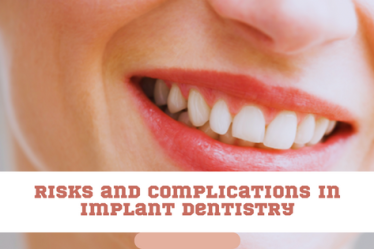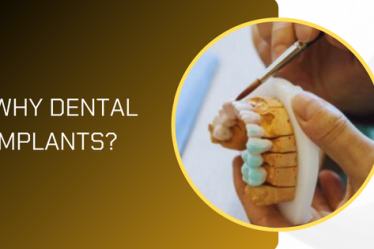
Dental implants are a popular, long-lasting, and successful solution to replacing missing teeth, providing patients with a natural-looking and fully functional set of teeth. However, just like your natural teeth, proper care and maintenance are essential in assuring the health and longevity of your dental implants.
What Are Dental Implants?
Before diving into the maintenance of dental implants, it’s important to understand what they are. Dental implants are small, screw-like posts made of titanium that are surgically embedded into the jawbone, acting as a replacement for tooth roots. A crown (artificial tooth) is then placed on top of the implant to restore both the function and aesthetics of a natural tooth.
Importance of Dental Implant Maintenance
While dental implants are resilient and can last for decades, they still require regular care to remain in good condition. Without proper maintenance, oral health issues such as infection, gum recession, and bone loss can occur, potentially leading to implant failure or loss. Maintaining dental implants not only helps protect your investment but also ensures the long-term success of the treatment.
Dental Implant Home Care Tips
Brush at least twice daily
Similar to natural teeth, brushing dental implants twice daily is crucial for removing plaque and bacteria. Use a soft-bristled toothbrush and a non-abrasive toothpaste to avoid scratching the implant surface. An electric toothbrush is also a suitable option, as it can be more efficient in removing plaque.
Floss at least once daily
Flossing around dental implants is vital to remove food debris and plaque that may get trapped between the implant and the adjacent teeth. Use a dental floss specifically designed for dental implants or a water flosser to facilitate reaching tight spaces.
Utilize interdental brushes
Using interdental brushes can improve cleaning around the dental implant posts and spaces between artificial and natural teeth. Choose brushes with thin, soft bristles to prevent damage to the implant surfaces.

Rinse with an antimicrobial mouthwash
Incorporate an antimicrobial mouthwash into your daily oral care routine to help reduce the risk of infection and inflammation. Consult your dentist to recommend the most appropriate mouthwash for your specific needs.
Avoid biting hard objects
Chewing on hard items such as ice, pens, or the shells of nuts can potentially damage the dental implant and cause undue stress on the implant structure. Avoid using your implanted teeth to bite down on hard objects.
Quit smoking
Smoking has a negative effect on overall oral health and can compromise dental implant integration with your jawbone. To prevent complications and ensure the longevity of your dental implant, consider quitting smoking.
Regular Dental Visits and Professional Cleanings
Schedule regular dental checkups
It is important to visit your dentist regularly for examinations and professional teeth cleanings every six months (or as recommended by your dentist). These appointments allow your dentist to monitor your dental implants and address minor concerns before they turn into larger issues.
Professional dental implant cleaning
During your dental visits, a professional dental cleaning will be conducted to ensure the removal of stubborn plaque and tartar buildup. Dental hygienists are equipped with specialized tools and skills to clean dental implants without damaging their surfaces.
Address concerns promptly
If you notice any signs of complications, such as swelling, redness, bleeding gums, or loose implants, contact your dentist immediately. Early intervention can prevent the progression of issues and help maintain the health of your dental implants.
Conclusion
In conclusion, maintaining dental implants requires a combination of diligent home care, regular dental visits, and healthy lifestyle choices. By following the tips mentioned above, and with the support of your dental team, you can ensure the long-term success and functionality of your dental implants.


